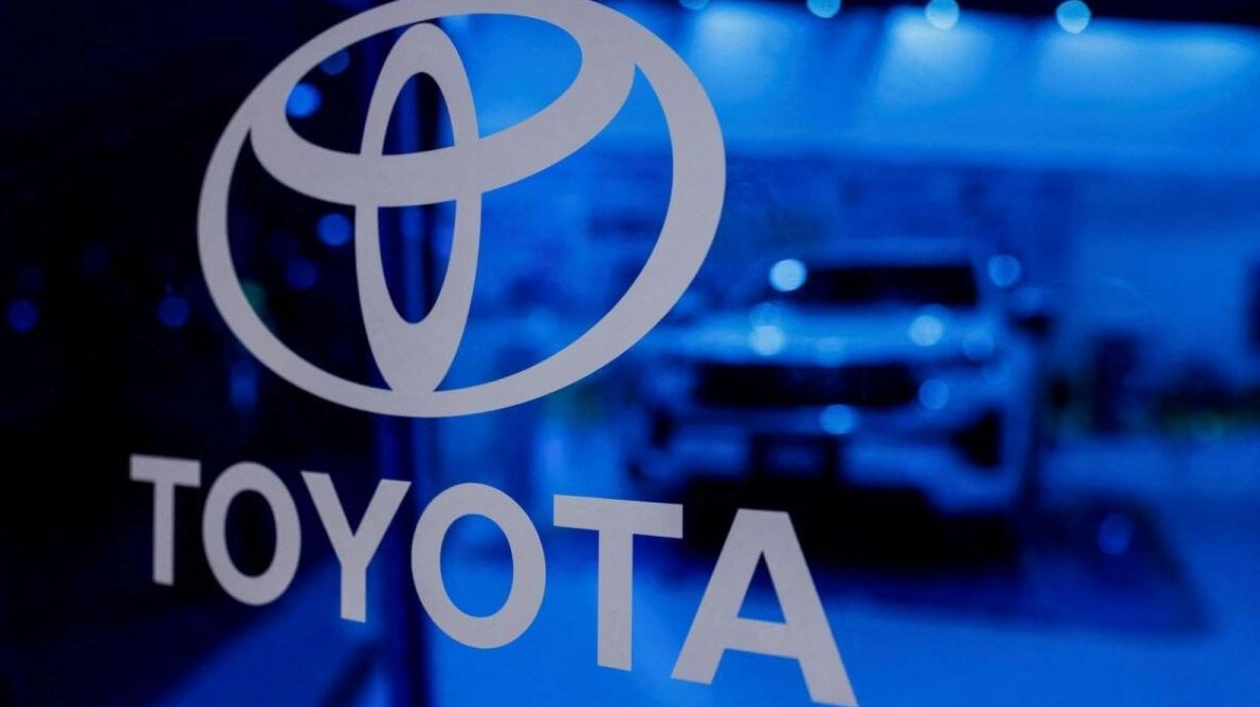Japanese automaker Suzuki Motor's Indian subsidiary, Maruti Suzuki, is set to supply its inaugural electric vehicle to Toyota Motor, as announced by both companies on Wednesday. This marks their first collaboration on green vehicles. Maruti Suzuki, which is predominantly owned by Suzuki Motor, will commence production of the EV in spring 2025 at its plant in Gujarat, a western Indian state. Following the announcement, shares of Maruti Suzuki surged approximately 4% to trade near the day's peak.
The EV platform was jointly developed by Suzuki, Toyota, and Daihatsu Motor, according to the statement. Suzuki has spearheaded the development of this green vehicle. "We aim to learn from each other's strengths, compete, and further our joint efforts based on a multi-pathway approach," stated Toyota President Koji Sato. Suzuki and Toyota have previously collaborated on combustion fuel and hybrid vehicles but have not ventured into EVs until now.
This move solidifies India's role as an EV hub for Suzuki, which plans to invest over a billion dollars in India, its largest market outside Japan. Neither Suzuki nor Toyota's Indian units currently sell EVs in the country. The EV, which will be a sport utility vehicle, will feature a 60-kilowatt-hour battery pack with a range of 500 kilometers (311 miles). A concept version of the EV was displayed at India's auto show last year.
The new model will be one of ten battery-powered vehicles Toyota plans to launch by 2026, according to a Toyota spokesperson. There are no plans to produce the EV outside of the Gujarat plant. Earlier on Wednesday, Toyota reported selling just over 108,000 battery-powered electric vehicles globally during the first nine months of the year, accounting for 1.5% of its global sales, including its luxury Lexus brand, over that period.
Maruti Suzuki intends to add a fourth production line at the Gujarat facility with a capacity of 250,000 units per year, dedicated solely to EVs. The company had previously announced plans to supply the EV globally, including to its Japanese parent and European markets.
Source link: https://www.khaleejtimes.com






